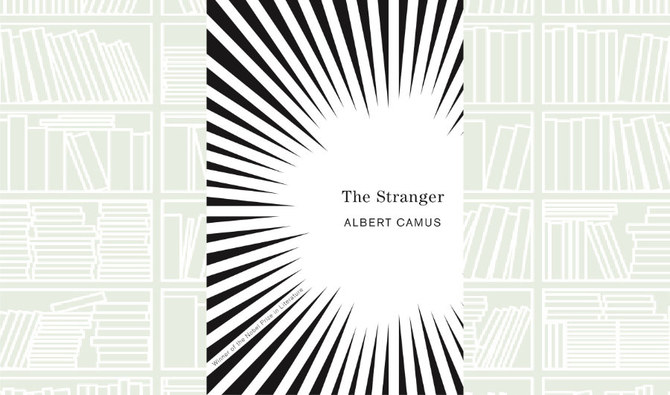“The Stranger” by Albert Camus was first published in 1942 and is considered one of the French philosopher’s best works, contributing significantly to the existentialism movement.
It tells the story of Meursault, a detached and indifferent French Algerian man living in colonial Algiers. The novel begins with the death of Meursault’s mother, whose funeral he attends.
Throughout the story, Meursault exhibits an apathetic and emotionally detached behavior, which often clashes with societal expectations and norms.
The narrative takes a dramatic turn when he commits a seemingly senseless act of violence against another person. The story then delves into Meursault’s trial and the exploration of his existential nature.
The lack of remorse for his actions and his inability to conform to societal expectations make him a “stranger” in the eyes of others.
As the story progresses, themes related to the philosophy of existentialism come to the forefront.
Meursault confronts questions about life’s meaning, the absurdity of existence, the indifference of the universe and the inevitability of death.
With 6 million copies sold, “The Stranger” is a widely studied novel, known for its exploration of existentialism and profound impact on philosophical and literary discourse.
It continues to provoke discussions about the nature of human existence, individual freedom and the search for meaning in an indifferent world.
Camus was a French philosopher, author and journalist. Among his notable works are “The Plague,” “The Myth of Sisyphus” and “The Fall.”
He was awarded the Nobel Prize in Literature in 1957 “for his important literary production, which with clear-sighted earnestness illuminates the problems of the human conscience in our times.”
























